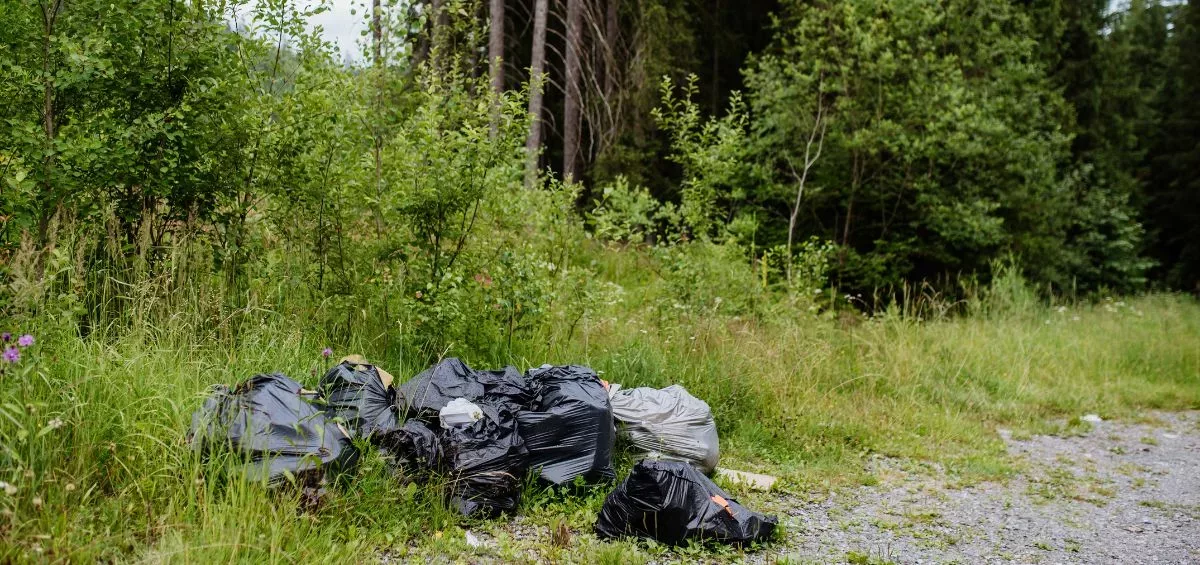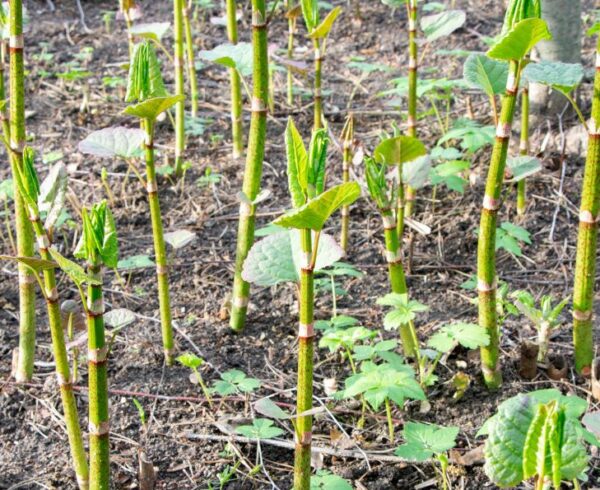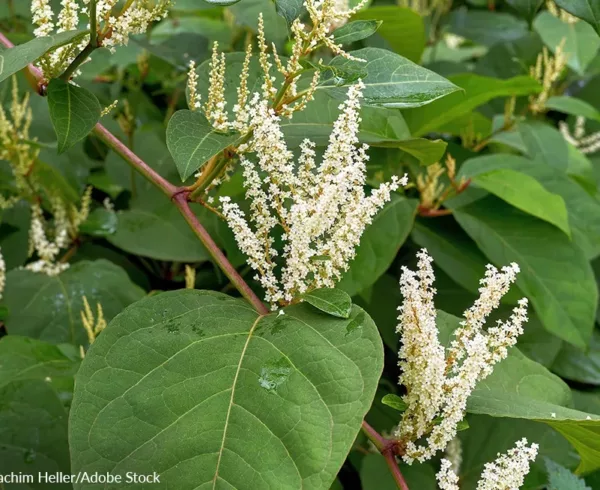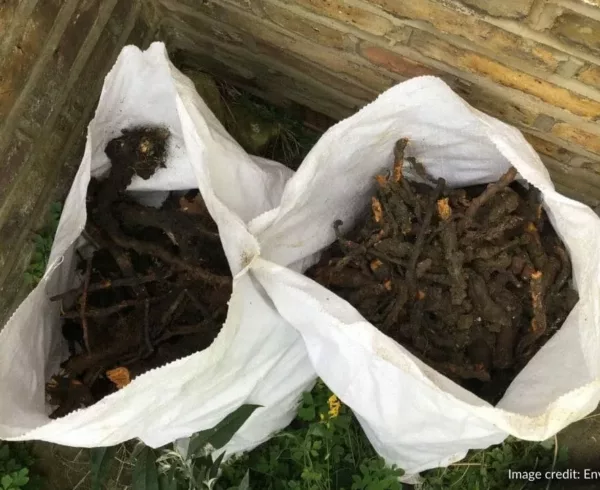A version of this article was published by Birmingham Live.
Just the thought of Japanese knotweed is enough to send shivers down the spines of homeowners. The dreaded plant can cause severe damage to properties, expensive legal troubles if it spreads to neighbouring lands, and costly removal fees if allowed to develop.
A Freedom of Information request to the Environment Agency applied for by CEL Solicitors indicates six incidents of knotweed spreading via illegal fly-tipping, recorded in the three years from 2020. It is believed however that this number could in fact be far higher – with many more undiscovered cases going unreported.
While allowing Japanese knotweed to grow on your property isn’t technically an offence, allowing it to spread from your property is illegal under the Wildlife and Countryside Act 1981. Transporting the plant – or the soil in which the plant has grown – also requires a permit under the Environmental Protection Act 1990.
Knotweed roots grow to a depth of around 3 metres and can take root from as little as 0.2g of rhizome. Rhizome is similar to the plant’s root, and for context, this weight is equivalent to about one-fifth of a jellybean.
Chief Executive for CEL Solicitors, Paul Hampson offers:
“The problem with Japanese knotweed is because it grows so quickly. Shoots will appear in early spring and by early summer they can reach two metres high.
“It will often dominate other vegetation, quickly taking over people’s gardens, and it can grow through weaknesses in buildings such as homes or sheds.
“And you can’t simply pull it out of the ground. If you have it on your land you are responsible for stopping it from spreading.”
A Criminal Offence
Not only is fly-tipping Japanese knotweed unlikely to actually help you get rid of the plant, but it could also land you in serious legal hot water.
Fly-tipping controlled waste is a criminal offence which could see fixed penalties enforced, or even criminal prosecutions of up to 5 years.
Furthermore, spreading Japanese knotweed – even indirectly – could see fly-tippers held as liable for any damage to the property plus any removal costs, potentially resulting in many thousands of pounds worth of fees.
The presence of knotweed can decimate the value of a property and make mortgage applications nigh impossible.
Japanese Knotweed on your Property?
If you have found knotweed growing on your property, it is important to act quickly and strategically.
It is strongly advised that you do not attempt to remove the plant yourself. Removing knotweed is incredibly difficult to do and failure to do so correctly can and will make the situation much worse. We advise that knotweed should only be removed by a professional who can offer an insurance-backed guarantee.













